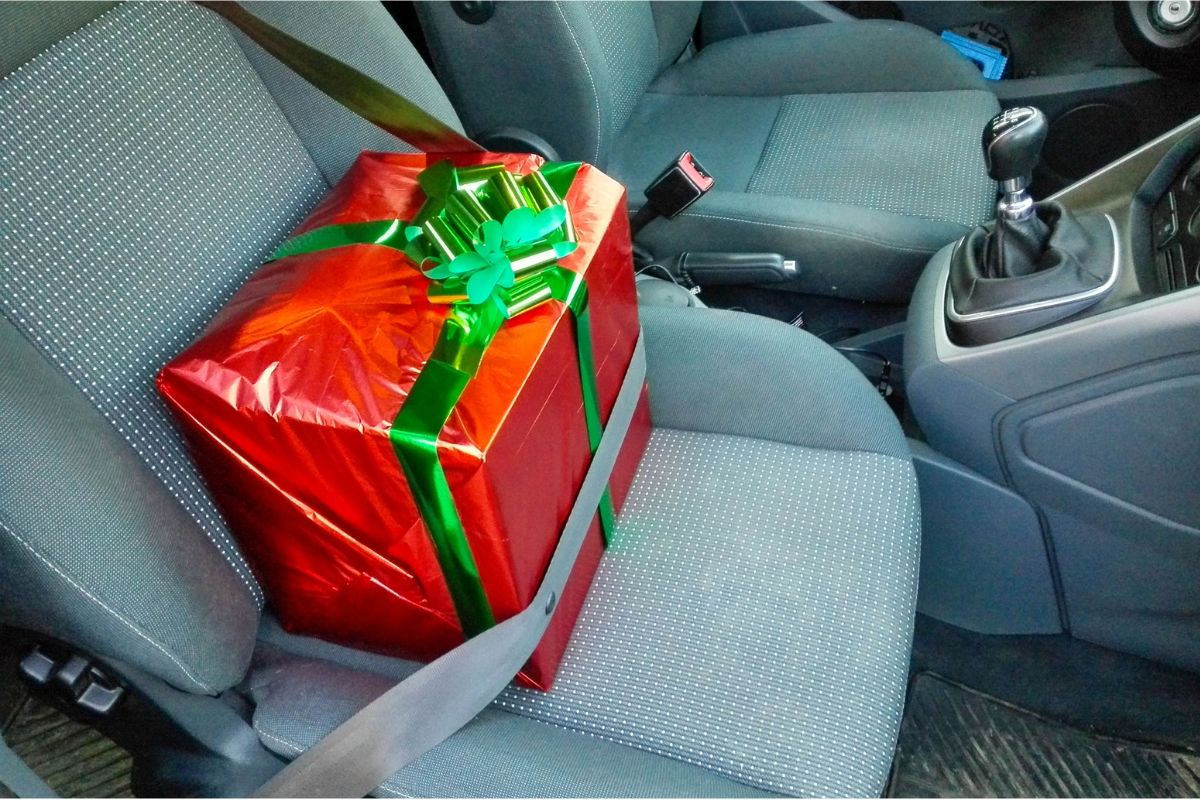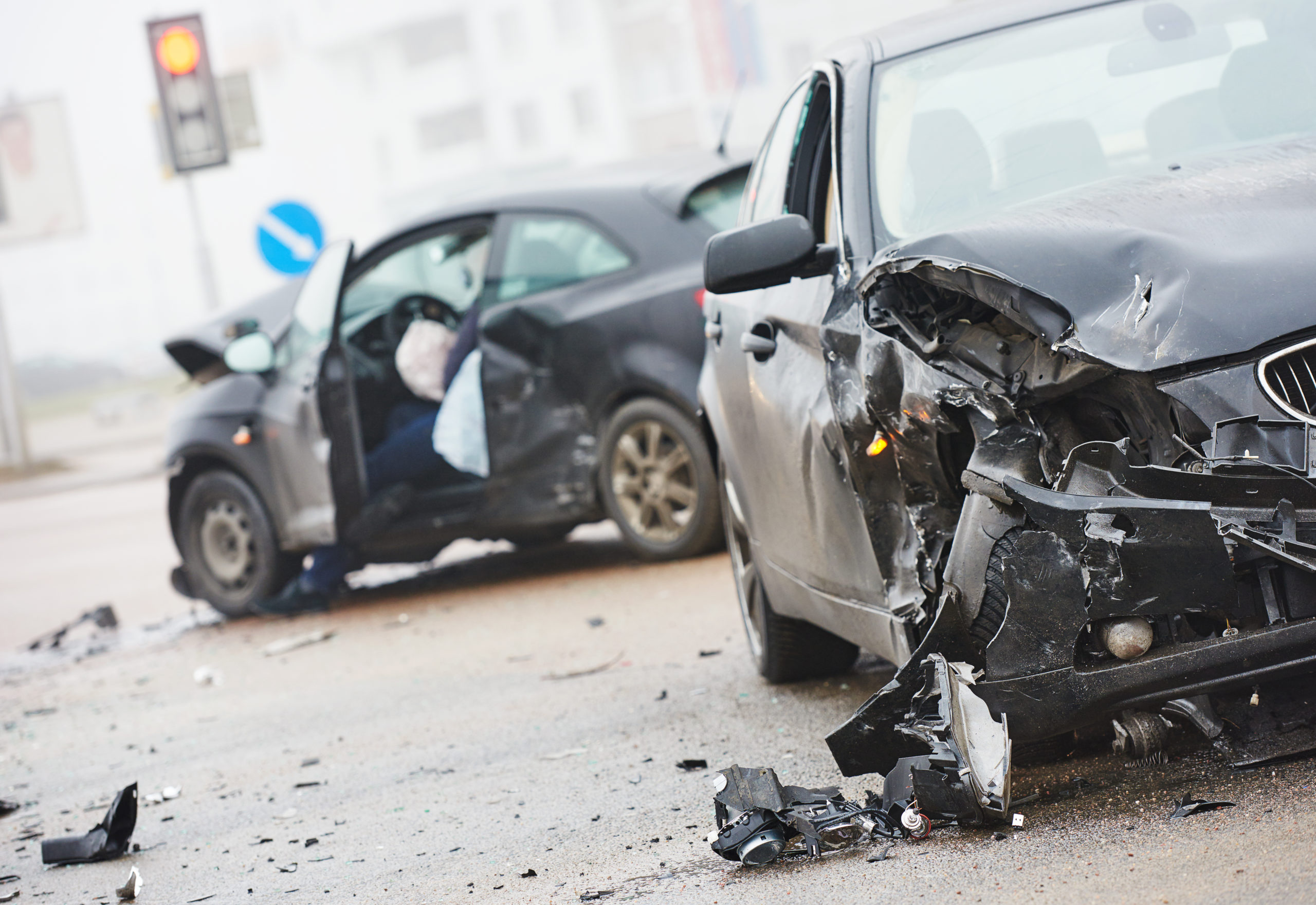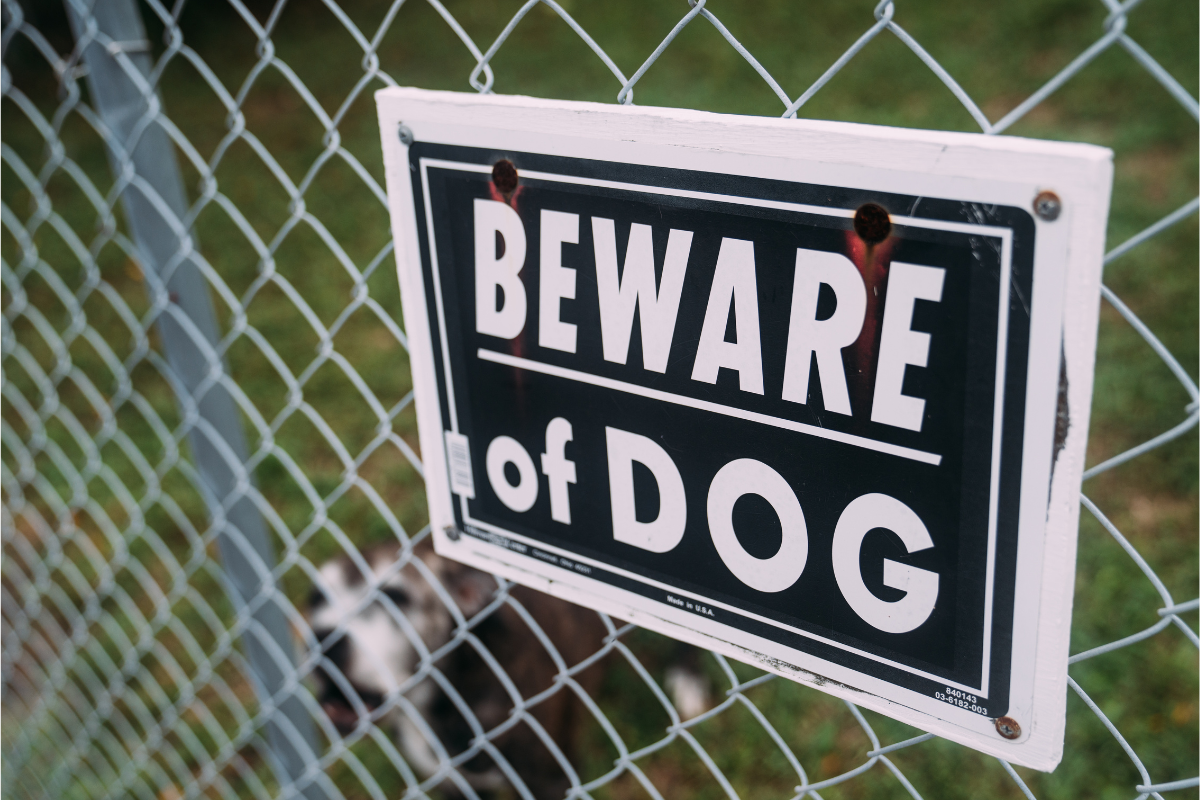It’s difficult to tell when drugged driving is the cause of a car crash. It can take weeks for a toxicology report to reveal substance use as the cause of a crash. However, a 2016 report found that drugged drivers accounted for about 44% of drivers killed in crashes. While there remains serious grassroots activity about drunk driving from groups like MADD, a conversation that often gets lost is driving while impaired from other substances. The phrase impaired driving extends to much more than alcohol use. In fact, impaired driving is catch-all for any substance that alters the way a person’s brain operates while driving.
According to the Centers for Disease Control and Prevention, substances other than alcohol are responsible for 16% of all roadway crashes. Impaired drivers damage much more than property.
What is an impaired driver?
An impaired driver is a person operating a motor vehicle while under the influence of a substance. Substances that can impair drivers include much more than alcohol. Any substance that affects judgment or slows coordination and reaction times can affect a person’s ability to safely operate a motor vehicle. For example, a driver can be impaired from the following:
- Marijuana
- Illicit drugs
- Household products
- Over the counter medications
- Prescription medications
You can’t drive safely when you are impaired. It is for this reason that there are laws that criminalize the act of drugged driving.
Driving while on prescription drugs
Prescription drug addiction continues to be a national topic of discussion in the United States. However, abuse and addiction aren’t the only way doctor prescribed drugs can affect drivers. Even if you take medication as prescribed on the bottle, your brain chemistry can be altered. Prescription drugs make drives drowsy, cause dizziness and impair thinking and judgment. These effects can lead to drugged driving crashes.
Pain medication works by blocking certain receptors which creates chemical changes in the brain. These changes may not have the same sort of effects of intoxication, but they can affect your judgment and your ability to react to unexpected hazards.
Driving under the influence of marijuana
As the legalize marijuana movement gains more ground in the U.S., motorists now have to combat with the possibility of more impaired drivers on the road. As evidenced by alcohol use and the growing prescription drug addiction, when a drug is legal more people will use it.
For example, in Colorado with the legalization of marijuana, the number of users across age groups increased. Further, since marijuana legalization in Colorado, the number of traffic fatalities has increased by 151%.
Driving while on cocaine or methamphetamines
Drivers who operate motor vehicles while high on cocaine or methamphetamines may become more aggressive and reckless when driving.
No, you’re not a better driver when you’re impaired
Believe it or not, there are some people who believe that being high makes them better drivers. However, it’s impossible for an intoxicated person to accurately asses their abilities. This is why no one should drive while under the influence of any drug. The general rule of thumb is: if you feel different, you drive differently. When you are high, critical driving skills such as fine motor skills, multitasking, lane tracking and cognitive functions are slowed.
Facts about drugged driving:
- In 2016, more than 1 million drivers were arrested for driving under the influence of drugs and/or alcohol.
- Legal and illegal narcotics are involved in about 16% of car crashes
- 13% of nighttime and weekend drivers have marijuana in their system.
- Marijuana users are about 25% more likely to be involved in a crash than sober drivers.
What are the challenges of holding a drugged driver accountable?
Drugged drivers face both civil and criminal penalties. However, it’s not always easy to prove that a driver was operating their vehicle under the influence. While states have several tests for roadside alcohol tests, there aren’t similar tests for drug use.
Another challenge for holding a drugged driver accountable is how the human body processes drugs. For example, heroin, oxycodone and marijuana are all processed by the human body differently. Drugged driving cases rely on the return of a blood test or toxicology report.
If you were injured in a crash, you are entitled to damages. This is particularly true in cases where a driver has acted so egregiously that it leads to a crash. Drugged driving is an act of negligence and these drivers can be held financially accountable for their reckless actions.
A Drugged Driving Attorney for Victims Can Help
Drugged driving affects everyone. Because of the challenges in proving a drugged driving case, you need an experienced attorney to guide you through the legal process. Proving a driver couldn’t safely operate their vehicle because of drugs is something that cannot be done alone. A Drugged Driving Attorney from The Carlson Law Firm will immediately begin investigating your case. Drugged driving crashes cannot be predicted and each case is unique. Depending on the circumstances surrounding your crash, a lawyer will begin collecting the following:
- Drug tests
- Toxicology reports
- Video from dashcams or business surveillance cameras
- Witness statements
- Social media posts that may suggest drug consumption
- The drugged driver’s own testimony
- Police reports
- 911 recordings
Never take a settlement from the insurance company without guidance from an attorney. Often, insurance companies will recognize what your injuries are worth and offer you a settlement to settle the case as quickly and cheaply as possible. The insurance company is never on your side. Like any business, their goal is to make money. If you’ve been hit by a driver you suspect was on drugs or intoxicated, you need a car crash lawyer who is experienced in these types of cases. Contact The Carlson Law Firm immediately after a car crash.
Drugged Driving Civil Lawsuit: Your Recovery is Your Priority
The days following your car crash are crucial to recovering from your injuries. Rather than deal with the insurance company on your own, a professional Drugged Driving Attorney can help. In addition to criminal courts, a drugged driver can also be held accountable through a civil lawsuit. When you are injured after a drugged driving crash, you are entitled to filing a lawsuit and collect compensation.
The drugged driving attorneys at The Carlson Law Firm can help you prove that negligent actions of the other driver caused your injuries. Our attorneys can help you recover the following damages:
- Medical treatment (past and future)
- Lost wages
- Pain and suffering
- Permanent or short term physical impairment
Victims can also recover punitive damages. Unlike the above damages that are intended to make a victim whole after an injury, punitive damages are meant to punish the responsible party. These damages act as a deterrent to prevent the negligent party from committing these actions again.
Why is it important to see a doctor after a crash?
After a car crash, you will not fully know or understand the extent of your injuries. Your injuries may not appear for a number of days. Without seeing a doctor, the insurance company will begin devaluing your bodily injuries or say that you were injured in another way. It’s important to remember than when you take a settlement—even if your injuries worsen—you cannot go back and demand more money.
With Carlson, you’re never alone.
The Carlson Law Firm’s attorneys will be with you through every step of your legal journey. For more than 40 years, our personal injury lawyers have represented victims of car crashes. If you've been injured, contact The Carlson Law Firm to schedule a free virtual appointment with a qualified member of our legal team.




